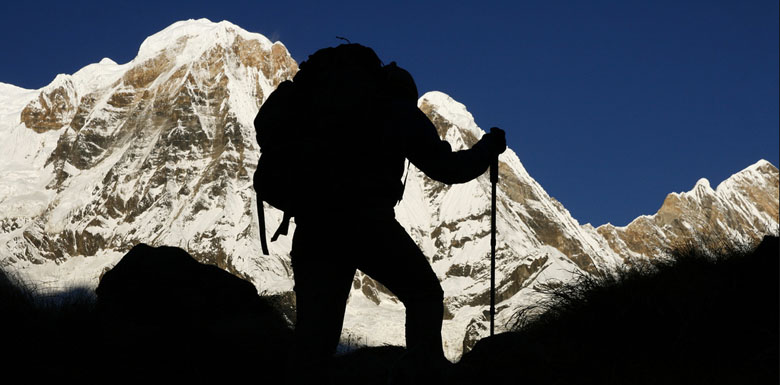- Empty cart.
- Continue Shopping
How to Protect Yourself from Altitude Sickness

Altitude sickness, also known as acute mountain sickness (AMS), can occur when individuals ascend to high altitudes too quickly, and their bodies do not have sufficient time to acclimatize to the reduced oxygen levels. While altitude sickness can range from mild to severe, it’s essential to take precautions when traveling to high-altitude destinations to protect yourself from this potentially dangerous condition.
1. Gradual Ascension
One of the most effective ways to prevent altitude sickness is to ascend gradually. If possible, choose an itinerary that allows your body to acclimatize slowly by spending a few days at intermediate altitudes before reaching higher elevations. This approach gives your body time to adapt to the reduced oxygen levels.
2. Stay Hydrated
Proper hydration is crucial at high altitudes. The air at higher elevations is typically drier, and your body loses more fluids through respiration and increased urination. Drink plenty of water to stay hydrated and help your body cope with the altitude.
3. Limit Alcohol and Caffeine
Alcohol and caffeine can contribute to dehydration, which can exacerbate altitude sickness symptoms. Limit your intake of these substances while at high altitudes, and opt for water or herbal teas instead.
4. Adequate Nutrition
Maintain a well-balanced diet to ensure you have the energy and nutrients needed to adapt to high altitudes. Consume foods rich in carbohydrates and avoid heavy, fatty meals, which can be more challenging to digest at altitude.
5. Avoid Overexertion
Physical exertion can increase the risk of altitude sickness, especially in the first 24 to 48 hours at high altitudes. Pace yourself and avoid strenuous activities until you have acclimatized. Gradually increase your level of activity as you feel more comfortable.
6. Medications
In some cases, your healthcare provider may recommend medications to prevent or alleviate altitude sickness symptoms. Acetazolamide (Diamox) is a common medication prescribed for altitude sickness prevention. Consult your healthcare provider before using any medication, and follow their guidance.
7. Avoid Alcohol and Sleeping Pills
Both alcohol and sleeping pills can suppress your respiratory drive, which can be problematic at high altitudes where oxygen levels are lower. It’s best to avoid these substances while acclimating to altitude.
8. Listen to Your Body
Pay close attention to your body’s signals and symptoms. If you experience symptoms of altitude sickness, such as headache, nausea, dizziness, or shortness of breath, it’s essential to take them seriously. Descend to a lower altitude if symptoms worsen or do not improve.
9. Supplemental Oxygen
In some high-altitude areas, supplemental oxygen may be available. Carrying a portable oxygen supply can help alleviate symptoms if you experience severe altitude sickness.
10. Know the Signs of Severe Altitude Sickness
Severe altitude sickness can be life-threatening. Be aware of the symptoms of high-altitude cerebral edema (HACE) and high-altitude pulmonary edema (HAPE), which include confusion, loss of coordination, chest pain, and extreme shortness of breath. If you or someone you are with experiences these symptoms, seek immediate medical attention and descend to a lower altitude as quickly as possible.
11. Travel with a Group
If possible, travel with a group of people who can provide assistance and support if altitude sickness occurs. It’s especially important when traveling to remote or high-altitude areas.
In Conclusion, Altitude sickness is a potential risk when ascending to high altitudes, and it can vary in severity from person to person. By taking preventive measures, acclimating gradually, staying hydrated, and paying attention to your body’s signals, you can minimize the risk of altitude sickness and enjoy your high-altitude adventures safely. Remember that altitude sickness is a serious condition, and it’s essential to prioritize your health and well-being when traveling to elevated locations.








